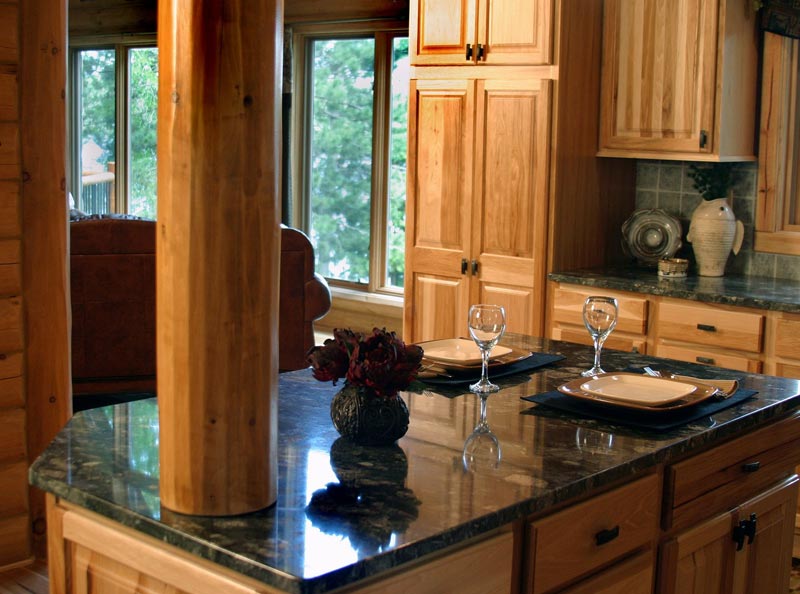
Countertop replacement and remodeling projects can add value to your home—and who doesn’t enjoy a little home improvement? But what makes every home interesting is the fact that the floor plans can differ so greatly. While most kitchens are on the first floor, sometimes you’ll find second-floor kitchens that need a countertop revamp.
Or maybe you want to add a stone countertop to your second floor without the presence of a kitchen. Maybe there’s a bar on that level that you want to spruce up, or a master bathroom. For whatever the reason, people want to know whether it’s safe to install stone countertops on the second floor of their home.
Stone is an extremely heavy material. The average granite countertop weighs between 500 and 1200 pounds, and adding that sort of heft to your home is a big deal!
Make Calculations and Check Your Floors
Before you make the decision to install your stone countertops on the second floor, we recommend calculating the total square footage for your project, along with the weight of the materials that you’ll be adding. If you need help determining the weight, Washington Marble Works can assist you.
After that, take a look at your floors and their strength and weight capacity. Check for signs of weakness by looking for
sagging floors
uneven floors
wet or rotted floor joists
a basement or crawlspace with a dirt floor
These signs can point to weak flooring or weak foundation, or a total failure of the two—and that doesn’t make for a strong second floor. With signs like those, your floor might not be able to support your new countertop.
Do your cabinets rattle when someone walks into the room? Are your floors bouncy? If you answered yes to either of those questions, that might be a sign that your floor is struggling to support the weight of the room.
If your floor is already struggling, it might not be the best idea to add stone countertops to the second floor.
Knowing Your Floors
Anytime you add significant weight to your home, it’s smart to check the integrity of your floors. If your floors are saggy, bouncy, or if your furniture leans toward the middle of the room, you might need to add floor supports to support the extra weight.
Floor supports might be just what you need for a stone countertop on the second floor, especially if your floor is already pushed to its limit.
Your Countertop Experts
At Washington Marble Works, we are experts in all things countertop related. But in order to make sure that your floors can handle the weight of a second-floor stone countertop, we recommend calling in a floor expert for their opinion.
After you get those facts settled, get in touch with us to get started on your stone countertop journey!
